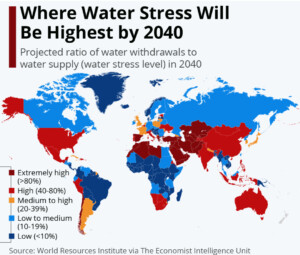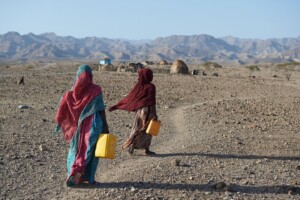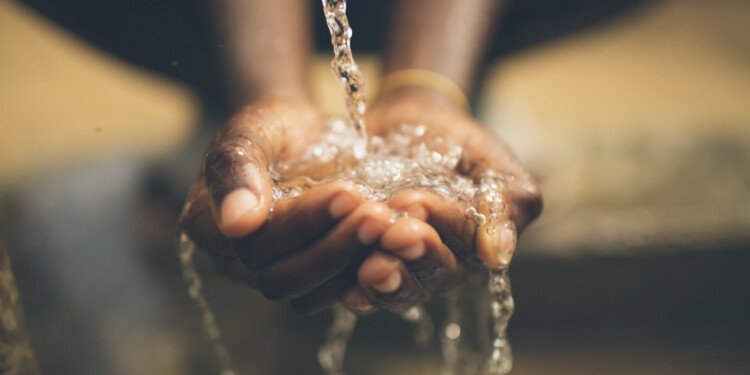There are around 2 billion people currently living without access to safe water in the world. A core focus of World Water Day is to inspire action towards the Sustainable Development Goal; water and sanitation for all by 2030.
From 22-27 March 2022, a broad range of participants, including political and economic decision-makers, multilateral institutions, academia, civil society and the private sector will gather in Dakar, Senegal for the 9th World Water Forum under the theme: Water Security for Peace and Development.

The 9th World Water Forum, the first of its kind in sub- Saharan Africa, is a big challenge. It focuses on the 2030 Agenda for transformative action. This vision is a roadmap with four priorities: water security and sanitation; cooperation; rural development; and means tools.
The World Water Forum represents one moment every three years where the international community can bring together a diversity of shared knowledge, raise awareness for water issues among political, social and economic decision makers.
Today, UNESCO on behalf of UN-Water is launching the latest edition of the United Nations World Water Development Report, titled “Groundwater: Making The Invisible Visible” at the opening ceremony of the 9th World Water Forum in Dakar.
The authors call on countries to commit themselves to developing adequate and effective groundwater management and governance policies in order to address current and future water crises throughout the globe. The report states: “Accounting for approximately 99% of all liquid freshwater on Earth, groundwater has the potential to provide societies with tremendous social, economic and environmental benefits and opportunities.”
The report describes the challenges and opportunities associated with the development, management and governance of groundwater worldwide. It aims to form a clear understanding of the role that groundwater plays in daily life, of the interaction with people, and of the opportunities for optimising its use in order to ensure the long-term sustainability of this largely available, yet fragile resource.
Launched in conjunction with World Water Day, the report provides decision-makers with knowledge and tools to formulate and implement sustainable water policies. Exploring, protecting and sustainably using groundwater will be central to surviving and adapting to climate change and meeting the needs of a growing population.
The human dependence on groundwater is expected to rise as surface water availability becomes increasingly limited due to climate change. Globally, water use is projected to grow by roughly 1% per year over the next 30 years.

For now, the quality of groundwater is generally good, which means it can be used safely and affordably, without requiring advanced levels of treatment. Groundwater is often the most cost-effective way of providing a secure supply of water in the rural sector. Unquestionably, the future of agriculture – and hence, feeding the world – will depend on it.
For example, in Sub-Saharan Africa, the opportunities offered by the vast aquifers remain largely underexploited. Only 3% of farmland is equipped for irrigation, and only 5% of that area uses groundwater, compared to 59% and 57% respectively in North America and South Asia.
But there is a problem: As the report points out, low use of groundwater can be traced to a lack of investments in infrastructure, institutions, trained professionals and knowledge of the resource.
The challenge is therefore not physical but human: It is a matter of mobilizing the necessary resources to achieve the goal of effective use of groundwater to continue to sustain the necessary agricultural production to feed the planet.
Editor’s Note: The opinions expressed here by Impakter.com columnists are their own, not those of Impakter.com. In the Featured Photo: Water in the hands of a human. Featured Photo Credit: Flickr.










